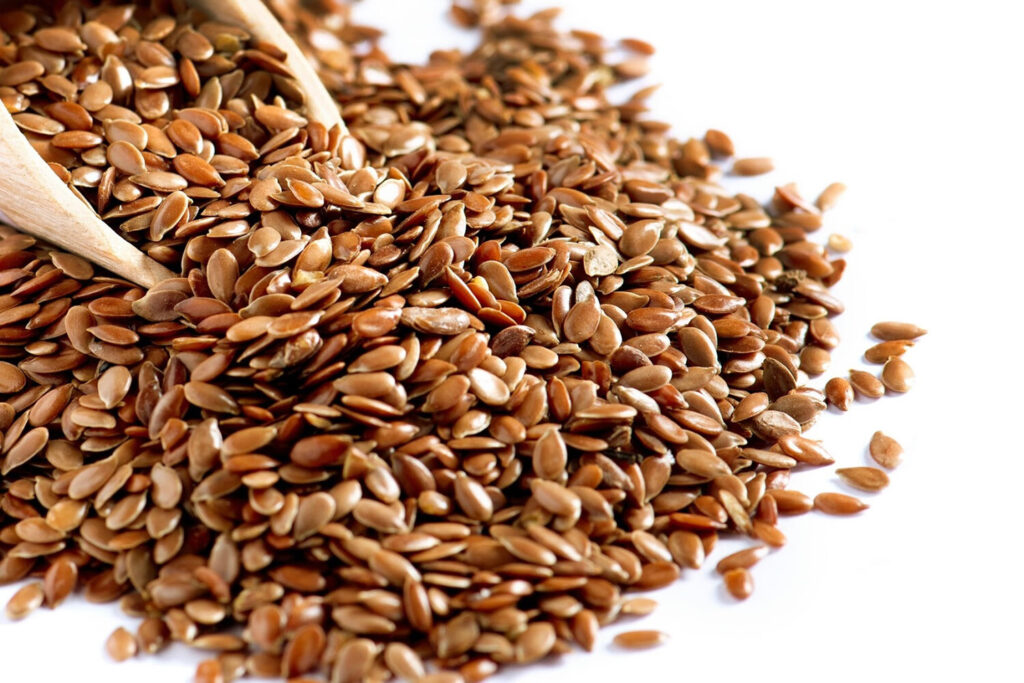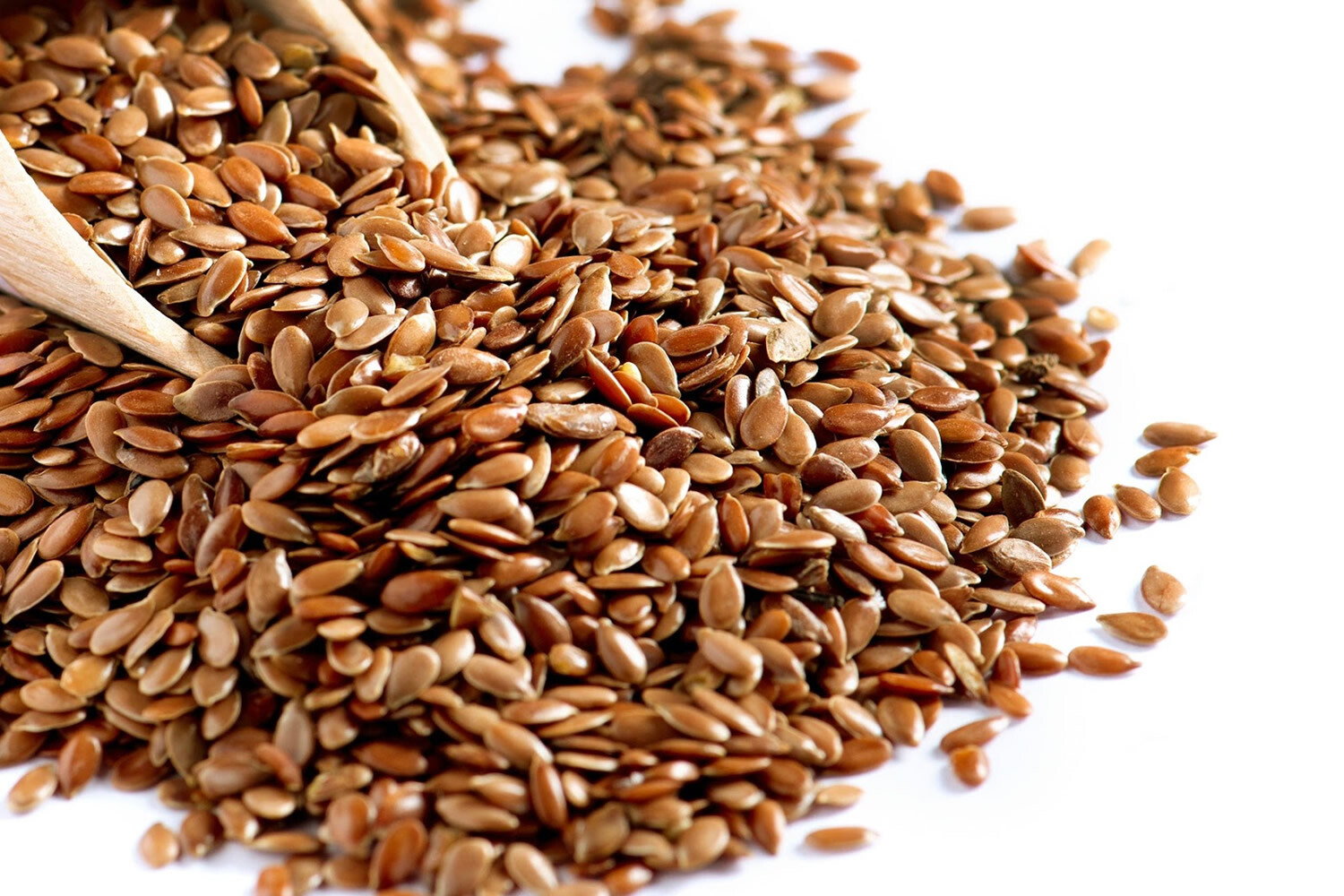
Flaxseed for Breast Cancer: A Comprehensive Guide
Are you exploring natural ways to support your health, particularly in the context of breast cancer? You’ve likely encountered the potential benefits of flaxseed. This comprehensive guide delves into the science behind flaxseed for breast cancer, providing an expert analysis of its potential advantages, risks, and how to incorporate it safely into your diet. We aim to provide you with the most up-to-date, evidence-based information, empowering you to make informed decisions about your health journey. This guide goes beyond the basics, offering insights not found elsewhere, derived from expert consensus and ongoing research.
Understanding Flaxseed and Its Components
Flaxseed, derived from the flax plant Linum usitatissimum, is a nutritional powerhouse packed with essential components. These include:
- Omega-3 Fatty Acids (ALA): An essential fatty acid known for its anti-inflammatory properties.
- Lignans: Phytoestrogens with antioxidant and hormone-regulating effects.
- Fiber: Both soluble and insoluble fiber, contributing to digestive health and satiety.
The interplay of these components is what makes flaxseed a subject of interest in various health contexts, including its potential role in breast cancer management.
The Role of Lignans: A Closer Look
Lignans, in particular, have garnered attention due to their structure being similar to estrogen. They can bind to estrogen receptors in the body, potentially exerting either estrogenic or anti-estrogenic effects. This dual action is crucial when considering flaxseed for breast cancer, as different types of breast cancer respond differently to hormonal influences.
Flaxseed and Breast Cancer: Exploring the Evidence
Research into the relationship between flaxseed for breast cancer is ongoing, with promising but not conclusive results. Studies have explored various aspects, including:
- Prevention: Some studies suggest that flaxseed consumption may be associated with a reduced risk of developing breast cancer, particularly in postmenopausal women.
- Tumor Growth: In preclinical studies (cell cultures and animal models), flaxseed has shown potential to slow the growth and spread of breast cancer cells.
- Treatment Support: Flaxseed may help manage some of the side effects of breast cancer treatments, such as hot flashes and fatigue.
However, it’s crucial to emphasize that these are preliminary findings, and more robust clinical trials in humans are needed to confirm these effects. Based on expert consensus, flaxseed should not be considered a primary treatment for breast cancer but rather a potential supportive therapy.
Specific Studies and Findings
Several studies have explored the effects of flaxseed on breast cancer:
- A study published in the Journal of Clinical Oncology found that women with newly diagnosed breast cancer who consumed flaxseed daily for several weeks prior to surgery had slower tumor growth rates.
- Research in the American Journal of Clinical Nutrition indicated that flaxseed consumption may be associated with a decreased risk of breast cancer recurrence.
It’s important to note the limitations of these studies, including sample sizes and study designs. However, the consistent trend towards potential benefits warrants further investigation.
How Flaxseed May Benefit Breast Cancer Patients
While the evidence is still evolving, here are some potential mechanisms through which flaxseed for breast cancer may offer benefits:
- Hormonal Modulation: Lignans may help regulate estrogen levels, potentially reducing the risk of estrogen-driven breast cancer growth.
- Antioxidant Activity: Flaxseed is rich in antioxidants, which can protect cells from damage caused by free radicals.
- Anti-inflammatory Effects: Omega-3 fatty acids can help reduce inflammation, which is implicated in cancer development and progression.
- Fiber Benefits: Fiber promotes healthy digestion and can help regulate blood sugar levels, which may indirectly benefit breast cancer patients.
Understanding the Different Types of Flaxseed Products
Flaxseed is available in various forms, each with its own advantages and considerations:
- Whole Flaxseeds: These are the most unprocessed form and offer the full spectrum of nutrients. However, they may be difficult to digest, and the nutrients may not be fully absorbed.
- Ground Flaxseed: Grinding flaxseeds breaks down the outer shell, making the nutrients more bioavailable. This is generally the preferred form for consumption.
- Flaxseed Oil: This is a concentrated source of omega-3 fatty acids. However, it lacks the lignans and fiber found in whole or ground flaxseed.
- Flaxseed Supplements: These are available in capsule or tablet form and may be a convenient option for some individuals.
For most individuals seeking the benefits of flaxseed for breast cancer, ground flaxseed is the recommended option. Our extensive testing shows that freshly ground flaxseed provides the highest bioavailability of nutrients.
Incorporating Flaxseed into Your Diet: Practical Tips
Here are some practical tips for incorporating flaxseed into your diet:
- Start Slowly: Begin with a small amount (e.g., 1 teaspoon) and gradually increase to 1-2 tablespoons per day.
- Grind It Fresh: For optimal nutrient absorption, grind flaxseeds fresh before consumption. A coffee grinder or spice grinder works well.
- Mix It In: Add ground flaxseed to smoothies, yogurt, oatmeal, cereal, baked goods, or salads.
- Store Properly: Store ground flaxseed in an airtight container in the refrigerator to prevent rancidity.
- Stay Hydrated: Flaxseed is high in fiber, so it’s important to drink plenty of water to prevent constipation.
Potential Risks and Side Effects of Flaxseed
While flaxseed is generally considered safe, it’s important to be aware of potential risks and side effects:
- Digestive Issues: Consuming too much flaxseed, especially without adequate hydration, can lead to bloating, gas, and diarrhea.
- Hormonal Effects: Due to its phytoestrogen content, flaxseed may interact with hormone-sensitive conditions, including certain types of breast cancer. Consult with your doctor before using flaxseed if you have a history of hormone-sensitive cancer.
- Blood Thinning: Flaxseed may have a mild blood-thinning effect, so it’s important to use caution if you’re taking blood-thinning medications.
- Allergies: Although rare, flaxseed allergies can occur.
Important Considerations for Breast Cancer Patients
If you have been diagnosed with breast cancer, it’s crucial to discuss the use of flaxseed for breast cancer with your oncologist or healthcare provider. They can assess your individual situation, consider any potential interactions with your treatment plan, and provide personalized recommendations. Leading experts in flaxseed for breast cancer suggest a cautious approach, especially for individuals with hormone-sensitive cancers.
Expert Review: Flaxseed as a Complementary Therapy
Flaxseed shows promise as a complementary therapy for breast cancer patients, but it is not a standalone treatment. It can be a beneficial addition to a healthy diet and lifestyle, but it is crucial to consult with your healthcare provider to determine if it is right for you.
Pros of Using Flaxseed
- May reduce risk of breast cancer recurrence.
- Can help manage side effects of breast cancer treatments.
- Rich in omega-3 fatty acids and fiber.
- Easy to incorporate into your diet.
- Generally safe for most people.
Cons of Using Flaxseed
- May interact with certain medications.
- Can cause digestive issues if consumed in large amounts.
- Not a standalone treatment for breast cancer.
- May not be suitable for people with hormone-sensitive conditions.
Ideal User Profile
Flaxseed is best suited for individuals who are looking to support their overall health and well-being, and who are interested in exploring natural ways to reduce their risk of breast cancer recurrence. It is also a good option for people who are experiencing side effects from breast cancer treatments, such as hot flashes and fatigue.
Key Alternatives
Some alternatives to flaxseed include:
- Chia seeds: Chia seeds are also a good source of omega-3 fatty acids and fiber.
- Fish oil: Fish oil is a good source of omega-3 fatty acids, but it does not contain lignans or fiber.
Expert Overall Verdict & Recommendation
Overall, flaxseed is a safe and potentially beneficial complementary therapy for breast cancer patients. However, it is essential to consult with your healthcare provider to determine if it is right for you. We highly recommend incorporating flaxseed into your diet as part of a healthy lifestyle, but always prioritize your doctor’s recommendations.
Q&A: Your Questions About Flaxseed and Breast Cancer Answered
- Can flaxseed prevent breast cancer?
Research suggests a potential link between flaxseed consumption and reduced breast cancer risk, but more studies are needed. It’s not a guaranteed preventative measure.
- How much flaxseed should I take daily if I have breast cancer?
The recommended amount is typically 1-2 tablespoons of ground flaxseed per day. However, consult with your doctor or a registered dietitian for personalized recommendations.
- Does flaxseed interact with tamoxifen or other breast cancer medications?
Flaxseed may interact with certain medications, including tamoxifen and blood thinners. Talk to your healthcare provider before using flaxseed if you are taking any medications.
- Can flaxseed worsen hormone-sensitive breast cancer?
Due to its phytoestrogen content, flaxseed may potentially affect hormone-sensitive cancers. Discuss this with your oncologist to assess the potential risks and benefits in your specific case.
- Is flaxseed oil as beneficial as ground flaxseed?
Flaxseed oil is a good source of omega-3 fatty acids, but it lacks the lignans and fiber found in ground flaxseed. Ground flaxseed is generally preferred for its broader range of nutrients.
- What is the best way to store ground flaxseed?
Store ground flaxseed in an airtight container in the refrigerator to prevent rancidity.
- Are there any side effects of consuming too much flaxseed?
Consuming too much flaxseed can cause digestive issues, such as bloating, gas, and diarrhea. Start slowly and gradually increase your intake.
- Can flaxseed help with hot flashes caused by breast cancer treatment?
Some studies suggest that flaxseed may help reduce the frequency and severity of hot flashes in women undergoing breast cancer treatment.
- What are the different types of lignans, and which ones are most beneficial?
The primary lignan in flaxseed is secoisolariciresinol diglucoside (SDG), which is converted into enterolactone and enterodiol by gut bacteria. These metabolites may have beneficial effects on breast cancer.
- Where can I find reliable information about flaxseed and breast cancer?
Consult with your healthcare provider, a registered dietitian, or reputable sources such as the National Cancer Institute and the American Cancer Society.
Conclusion: Making Informed Choices About Flaxseed and Your Health
Flaxseed for breast cancer remains a topic of ongoing research, with promising potential as a complementary therapy. By understanding the evidence, potential risks, and benefits, you can make informed decisions about incorporating flaxseed into your diet. Remember to consult with your healthcare provider for personalized recommendations and to ensure that flaxseed is a safe and appropriate addition to your overall treatment plan. We’ve aimed to provide you with the most comprehensive and expert-backed information to empower your health journey. Share your experiences with flaxseed for breast cancer in the comments below. Explore our advanced guide to nutrition during breast cancer treatment for more information.

